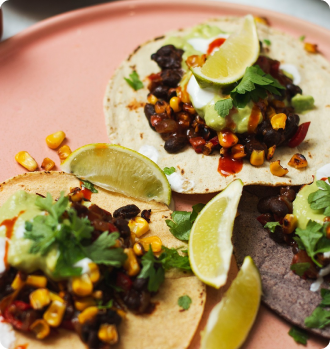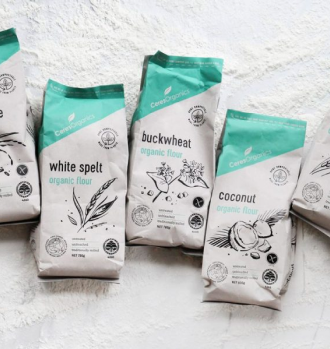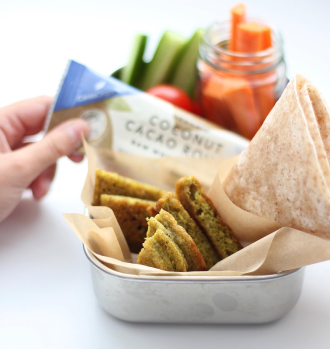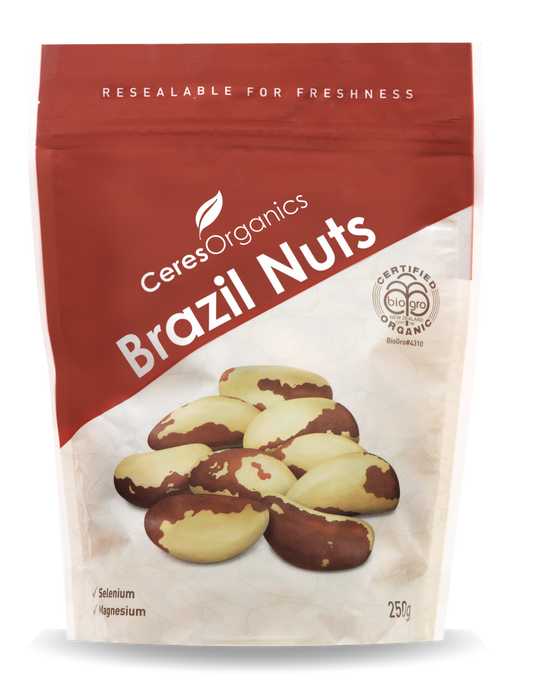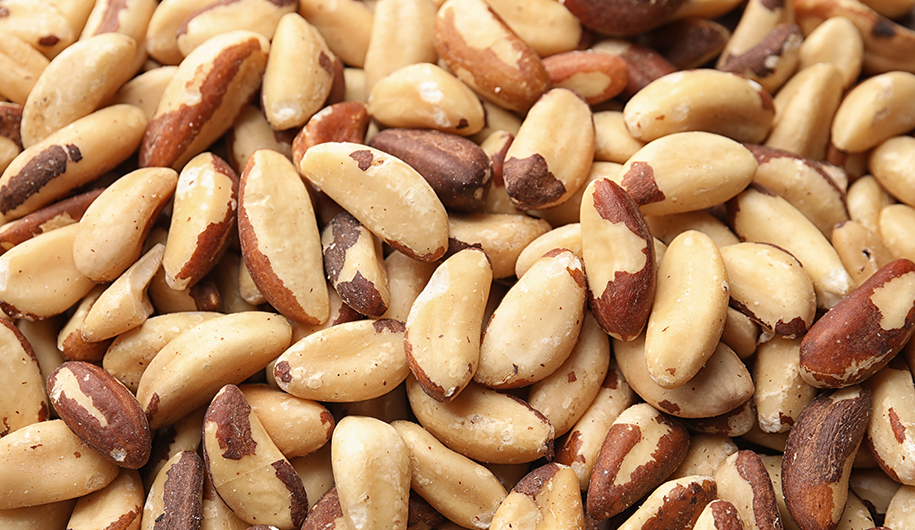
With scientists saying the majority of supplements are not worth taking, should you be spending your hard earned cash on them? Well, yes and no, it depends. Read on for 5 ways you could naturally supplement your whole foods diet.
1. Selenium
Your thyroid gland needs selenium to function properly. Selenium deficiency can lead to muscle and joint pain, unhealthy hair, and white spots on your fingernails. If you’re deficient for too long, your immune system ends up attacking the thyroid, this is called Hashimoto’s disease.
A New Zealand study found that just eating two Brazil nuts a day was more effective than taking supplements. Eating one Brazil nut a day can keep your selenium levels within the recommended dietary intake (RDI).
2. Calcium
You know calcium is important for your bones, but what you probably did not know is that there are loads of non-dairy sources of calcium out there. Research from senior nutrition scientist Dr. Lanou (which addresses the “calcium paradox”) found “no evidence to support the notion that milk is a preferred source of calcium”. Based on over 10 years of research, she concluded that milk, dairy products and calcium supplements do not prevent bone fractures. There is actually no scientific evidence to support the claims that dairy is good for your bones.
You should be aiming for 1000 mg of calcium a day. A cup of milk will give you about 300 mg, 2 tablespoons of blackstrap molasses has 400 mg, 1 cup of kale has 180 mg, 1 cup of tempeh has about 215 mg, 1 cup of amaranth has 160 mg, 2 tablespoons of tahini has about 130 mg.
If you make your own nut milk, you can fortify them naturally with calcium using sesame seeds. Add 1 quarter cup to your nuts and blend. This will add about 350 mg of calcium to your nut milk.
3. Fibre
Of course, we all know fibre is important and yet, most of us simply do not get enough of it. A lot of us eat less than half of what we should. This is especially worrisome as inadequate fibre intake has been linked to increased risks of heart disease, diabetes and obesity.
So how much do you need? According to the NZ Nutrition Foundation, guys need 38 grams a day and girls need 25 grams a day. Do the math and find out how much fibre you’re getting versus what you should be getting.
Foods rich in fibre also contain powerful protective agents, such as antioxidants and phytochemicals, like oats for example. High fibre diets can also help in weight control and the management of diseases such as diabetes.
4. Omega 3 fatty acids
You’ve probably heard of omega-3 fatty acids. Omega-3s are essential fatty acids, meaning our body can’t make them from scratch so we need to get them from our diets.
Omega-3 fats are found in salmon, sardines and eggs from grass fed chickens. Getting omega-3s from plants is a bit more complicated. There are actually 3 types of omega fatty acids, alpha-linolenic acid (ALA), eicosapentaenoic acid (EPA), docosahexaenoic acid (DHA).
EPA and DHA are the best for you. Your body can make EPA and DHA from ALA, but the conversion rate is not very effective. You’d need to eat more foods that are higher in ALA like flaxseeds, chia seeds, and walnuts.
Some people supplement – fish oil supplements are huge, but there is one big problem: the majority of clinical trials involving fish oil supplements have found no evidence to support their health claims.
Andrew Grey, an associate professor of medicine at the University of Auckland who authored a 2014 study on fish oil in JAMA Internal Medicine also found the properties of omega-3 fatty acids had not translated into notable benefits in most large clinical trials.
5. Vitamin D
For a while now, vitamin D has been gaining a reputation with protective powers against some cancers and bone-weakening osteoporosis. Results are mixed. This research concluded “highly convincing evidence of a clear role of vitamin D does not exist for any outcome, but associations with a selection of outcomes are probable.” What they’re saying is: it’s an unknown as to whether taking vitamin D supplements really helps at all. This study also found that taking vitamin D had no effect on a wide range of diseases and conditions.
Whether supplementation with vitamin D can help people live longer and healthier requires more study. Natural foods are usually the best way to get vitamins, but this is not the case for vitamin D. Only a few foods like salmon, tuna, sardines, milk, and fortified foods contain vitamin D.
So what about the sun? Exposing your bare skin to sunlight to get ultraviolet B (UVB) for about 10 to 15 minutes a few times a week is enough to generate your body’s vitamin D needs for a week. Too much exposure to the sun causes skin cancer so this one requires extreme caution.
So can you naturally supplement?
Really, we should not need to supplement… with some exceptions. This is not to say all supplements are useless, some work but you might just need to make some adjustments to your diet.
Ideally aim to get your vitamins and minerals and macronutrients from organic whole foods. Keep in mind, supplements don’t have all the other extra nutrients that whole foods naturally have.
What’s uncertain is whether it’s the interaction between various nutrients in whole foods or isolated nutrients that are beneficial to our health. What is likely to be important then is how nutrients in the foods you eat are combined.
If you think your diet might be missing some essential goodness, visit a health provider who can help you identify the areas of your diet you need to improve on and what supplements you might require. Never underestimate the basics of a good diet. Pills are not substitute for a nutrient poor diet.

